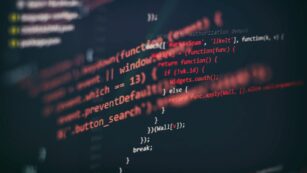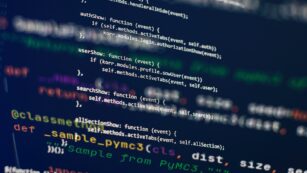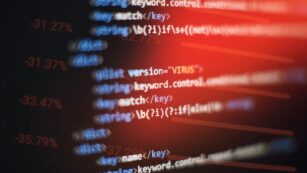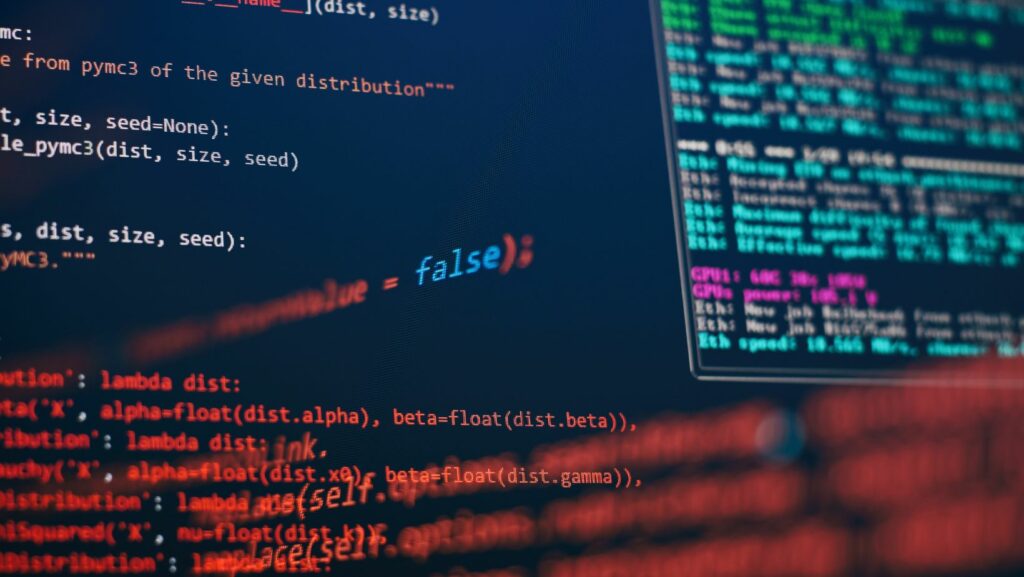Diving deeper into Python opens up a world of possibilities. For those who’ve grasped the basics, an intermediate Python course is the gateway to mastering data structures, understanding algorithms, and automating daily tasks. This level of proficiency not only boosts problem-solving skills but also makes one a sought-after candidate in the tech-driven job market.
Python Intermediate Course
What to Expect
 Participants in the Python intermediate course delve deeper into the programming language, exploring more complex concepts and techniques. They learn to streamline their coding process using list comprehensions, enhance functionality with decorators, and manage concurrent operations with threading. These skills enable them to write cleaner, more efficient code. Moreover, the course introduces error handling and file operations, crucial for robust software development. Participants also gain exposure to database management and network programming, broadening their capabilities in creating scalable applications.
Participants in the Python intermediate course delve deeper into the programming language, exploring more complex concepts and techniques. They learn to streamline their coding process using list comprehensions, enhance functionality with decorators, and manage concurrent operations with threading. These skills enable them to write cleaner, more efficient code. Moreover, the course introduces error handling and file operations, crucial for robust software development. Participants also gain exposure to database management and network programming, broadening their capabilities in creating scalable applications.
Course Structure
The course is modular, consisting of structured sessions that focus on both theoretical and practical aspects of Python. Each module addresses a specific topic, such as data structures, algorithms, or advanced functions, and is followed by hands-on exercises that reinforce the learned concepts. Instructors provide code feedback, ensuring that participants understand and can effectively implement new skills. Additionally, the program includes project work that simulates real-world problems, requiring the application of multiple topics covered in the course. This structure not only solidifies understanding but also prepares participants for professional challenges they may face in the tech industry.
Key Modules Covered
Object-Oriented Programming
A Python intermediate course examines Object-Oriented Programming (OOP) to deepen participants’ understanding of concepts like classes and objects, inheritance, and polymorphism. Learners methodically explore the clear structure of OOP, which facilitates code reusability and simplifies complex software development. By integrating practical examples such as creating user-defined classes, and employing inheritance to modify existing code, the course empowers programmers to construct more robust applications.
Error Handling and Debugging
 Error handling and debugging are critical components covered in the Python intermediate course. Participants learn to implement try-except blocks to manage exceptions gracefully, ensuring applications can resolve or report errors without crashing. The debugging segment guides students through techniques like using breakpoints and examining stack traces, enhancing their ability to quickly identify and fix issues in the code. This module is vital, as proficient debugging skills significantly increase development efficiency and improve the quality of output in professional settings.
Error handling and debugging are critical components covered in the Python intermediate course. Participants learn to implement try-except blocks to manage exceptions gracefully, ensuring applications can resolve or report errors without crashing. The debugging segment guides students through techniques like using breakpoints and examining stack traces, enhancing their ability to quickly identify and fix issues in the code. This module is vital, as proficient debugging skills significantly increase development efficiency and improve the quality of output in professional settings.
Project-Based Learning Approach
Project-based learning forms a core part of the Python intermediate course, enhancing students’ ability to apply Python concepts in real-world scenarios. This educational strategy integrates complex topics like threading and OOP into substantial projects, ensuring learners can tackle actual programming challenges. Each project requires participants to use tools and techniques covered in the course, such as error handling and debugging, reinforcing their learning through practical application. By the end of the course, students gain not only advanced Python skills but also experience in project planning and execution, essential for professional growth in tech-oriented careers.
Skills You Will Develop
 In a Python intermediate course, participants hone numerous skills critical for advanced programming. They master efficient code structuring and improve their problem-solving abilities. Students learn to apply OOP concepts, enhancing their ability to design robust software. Handling exceptions accurately through try-except blocks becomes routine, ensuring smoother software deployment. Additionally, participants refine debugging skills, leading to quicker identification and resolution of code anomalies. This course empowers students, equipping them with the skills to tackle complex projects confidently.
In a Python intermediate course, participants hone numerous skills critical for advanced programming. They master efficient code structuring and improve their problem-solving abilities. Students learn to apply OOP concepts, enhancing their ability to design robust software. Handling exceptions accurately through try-except blocks becomes routine, ensuring smoother software deployment. Additionally, participants refine debugging skills, leading to quicker identification and resolution of code anomalies. This course empowers students, equipping them with the skills to tackle complex projects confidently.
Choosing the Right Course
Embarking on an intermediate Python course is a strategic step for those looking to elevate their programming expertise beyond the basics. This course offers a deep dive into more complex programming paradigms and equips learners with the skills needed to tackle sophisticated coding challenges. It’s an investment in one’s future in the tech industry providing both theoretical knowledge and practical experience through project-based learning. For anyone serious about advancing their coding skills and enhancing their career prospects mastering these intermediate concepts is essential. This Python course stands out as a crucial milestone on the journey to becoming a proficient and sought-after programmer in the competitive tech landscape.


